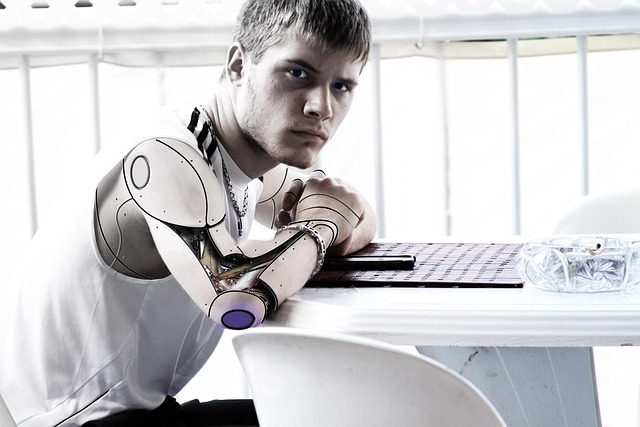Revolutionizing Healthcare: How Robots Are Shaping the Medical Future
In an era marked by rapid technological advancements, the integration of robots into healthcare is not just a trend, but a profound transformation reshaping the medical landscape. The promise of a medical future with robotic assistance offers an exciting glimpse into a world where patient care is more precise, efficient, and personalized than ever before.
Healthcare Innovations at the Forefront
The emergence of robotics in healthcare has introduced innovative solutions that enhance surgical procedures, patient monitoring, and rehabilitation. Surgical robots, such as the renowned da Vinci Surgical System, are redefining precision in the operating room. Surgeons can perform complex procedures with minimal invasiveness, significantly reducing recovery time and improving patient outcomes.
Moreover, robots are taking on various roles in hospitals, from medication delivery to assisting nurses with routine tasks. These innovations aim to alleviate the burden on healthcare professionals, allowing them to focus more on direct patient care – an element of healthcare that truly makes a difference in people’s lives.
Enhancing Patient Care
In the medical future, one of the most prominent benefits of robotic technology is its ability to enhance patient care in ways previously thought impossible. Robots can now be programmed to assist elderly patients with mobility challenges, reminding them to take their medications or even providing companionship. This integration not only promotes independence among the elderly but also helps to alleviate feelings of isolation.
Additionally, robotic systems are being utilized in rehabilitation, assisting patients recovering from surgeries or strokes to regain mobility and strength more effectively. The interactive nature of these robots engages patients in their recovery process, making rehabilitation feel less daunting and more achievable.
The Impact on Healthcare Professionals
As robots become more prevalent in healthcare settings, the role of healthcare professionals is also evolving. The introduction of advanced technologies creates a collaborative environment where human skills and robotic precision complement one another. Medical professionals are retraining and adapting to work alongside these intelligent systems, maximizing their expertise in conjunction with technological enhancements.
This shift not only improves job satisfaction among healthcare workers but also leads to a more effective healthcare delivery system. With robots handling more administrative and manual tasks, medical professionals can dedicate their time and energy to patient interactions, fostering stronger connections and trust—an essential aspect of effective healthcare.
Challenges and Ethical Considerations
Despite the exciting advancements, the rise of robots in healthcare brings with it a set of challenges and ethical considerations. Issues related to data security, patient privacy, and the potential for job displacement are concerns that require careful attention. The balance between technology and human touch must be navigated thoughtfully, ensuring that robots enhance the care experience rather than hinder it.
As we venture further into this medical future, ongoing discussions surrounding the role of robotics in healthcare will be crucial. Stakeholders from every corner of the industry—healthcare providers, technologists, policymakers, and patients—must engage in these conversations to shape a healthcare system that is both innovative and compassionate.
In summary, the integration of robots into healthcare represents an exhilarating chapter in the story of medical innovation. With the potential to transform patient experiences and redefine professional roles, robots hold the key to a brighter, more efficient, and effective medical future.




